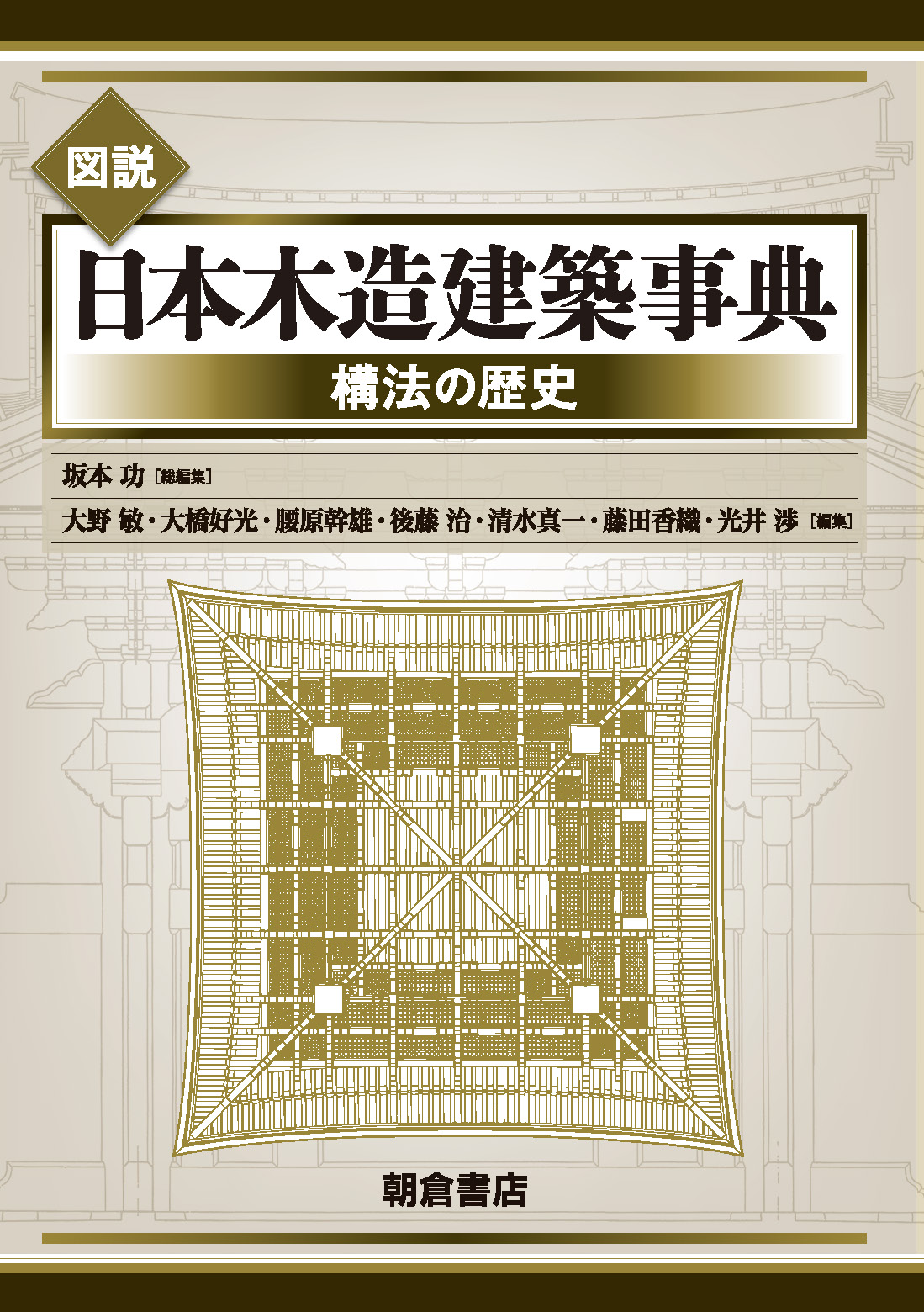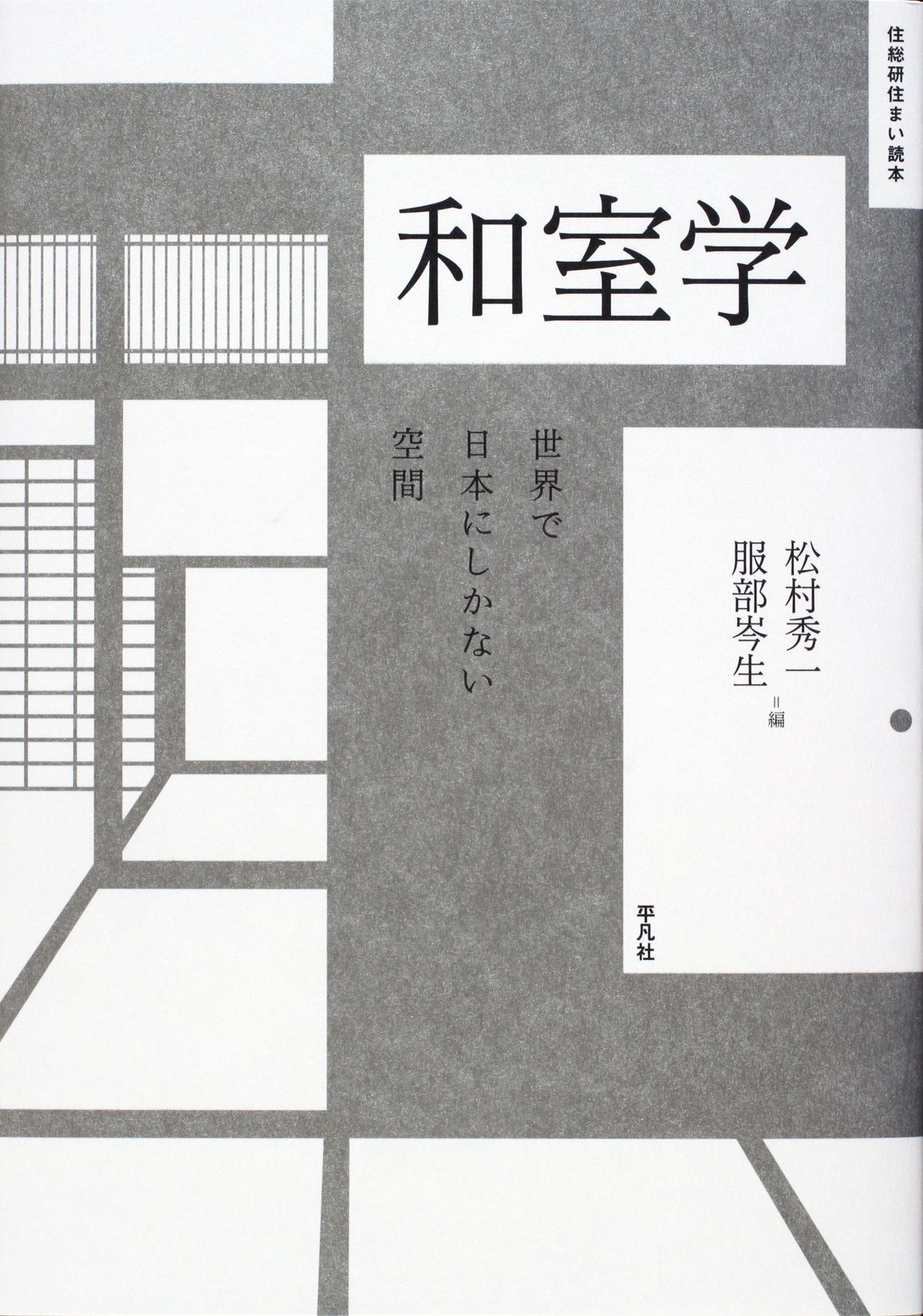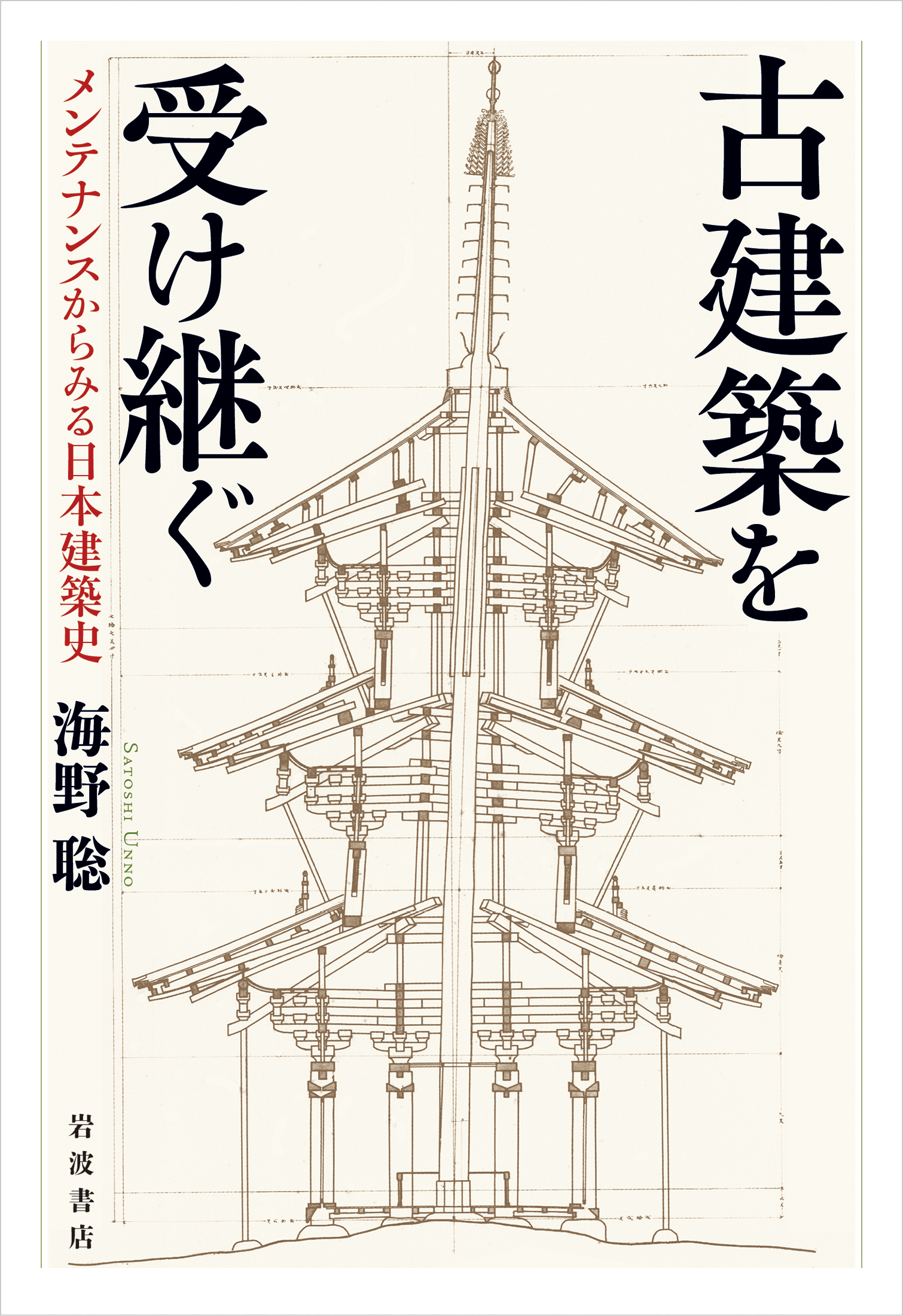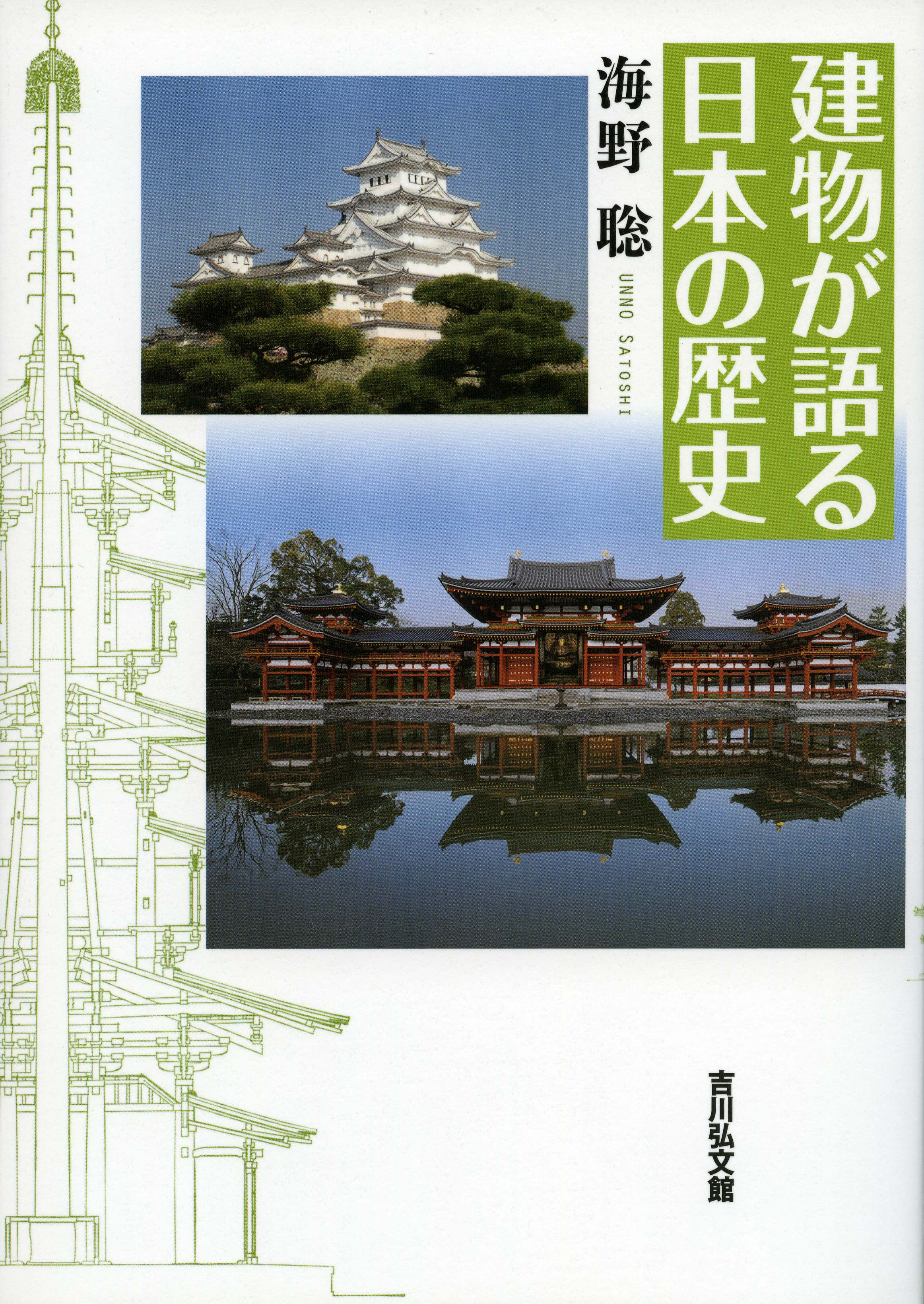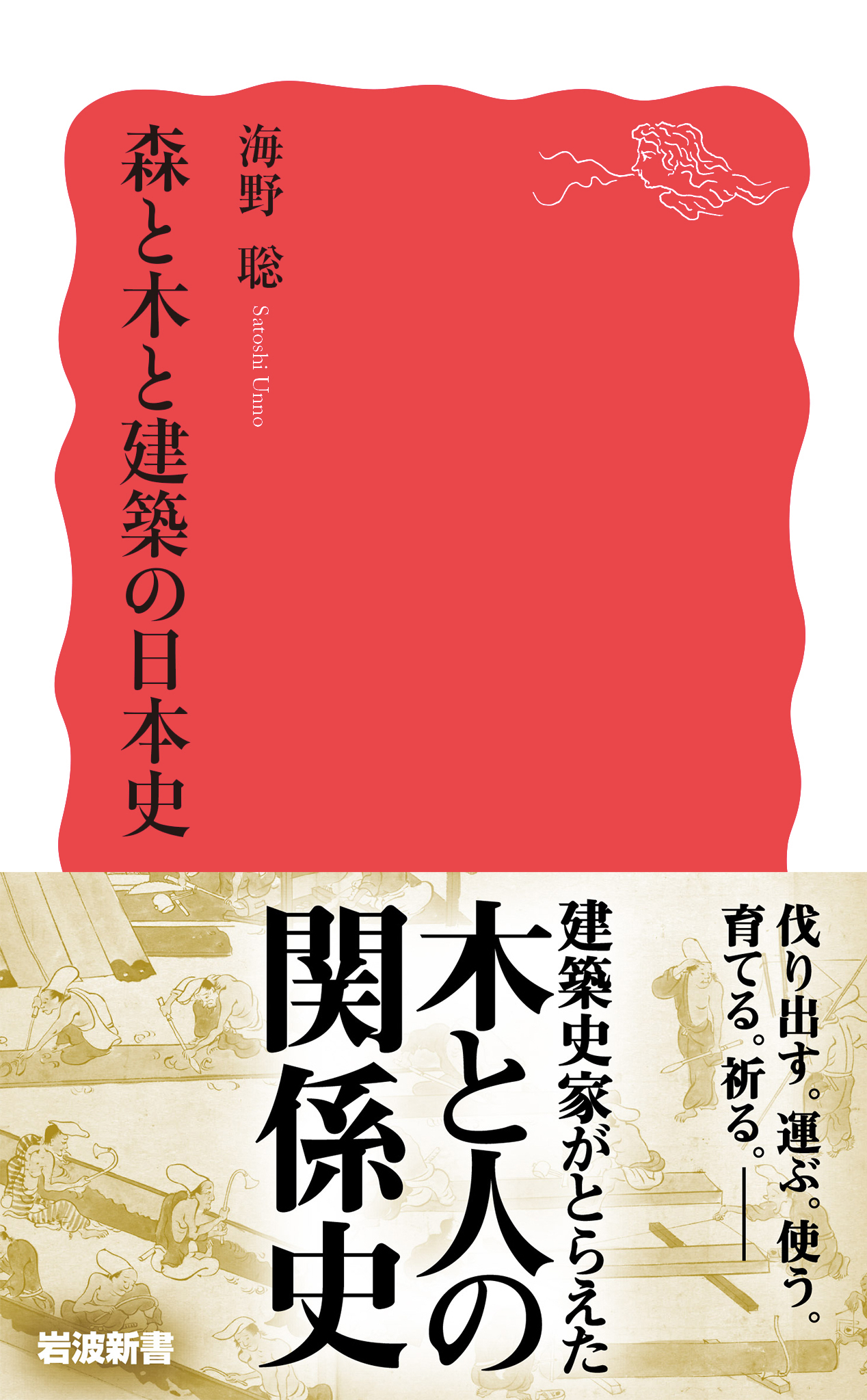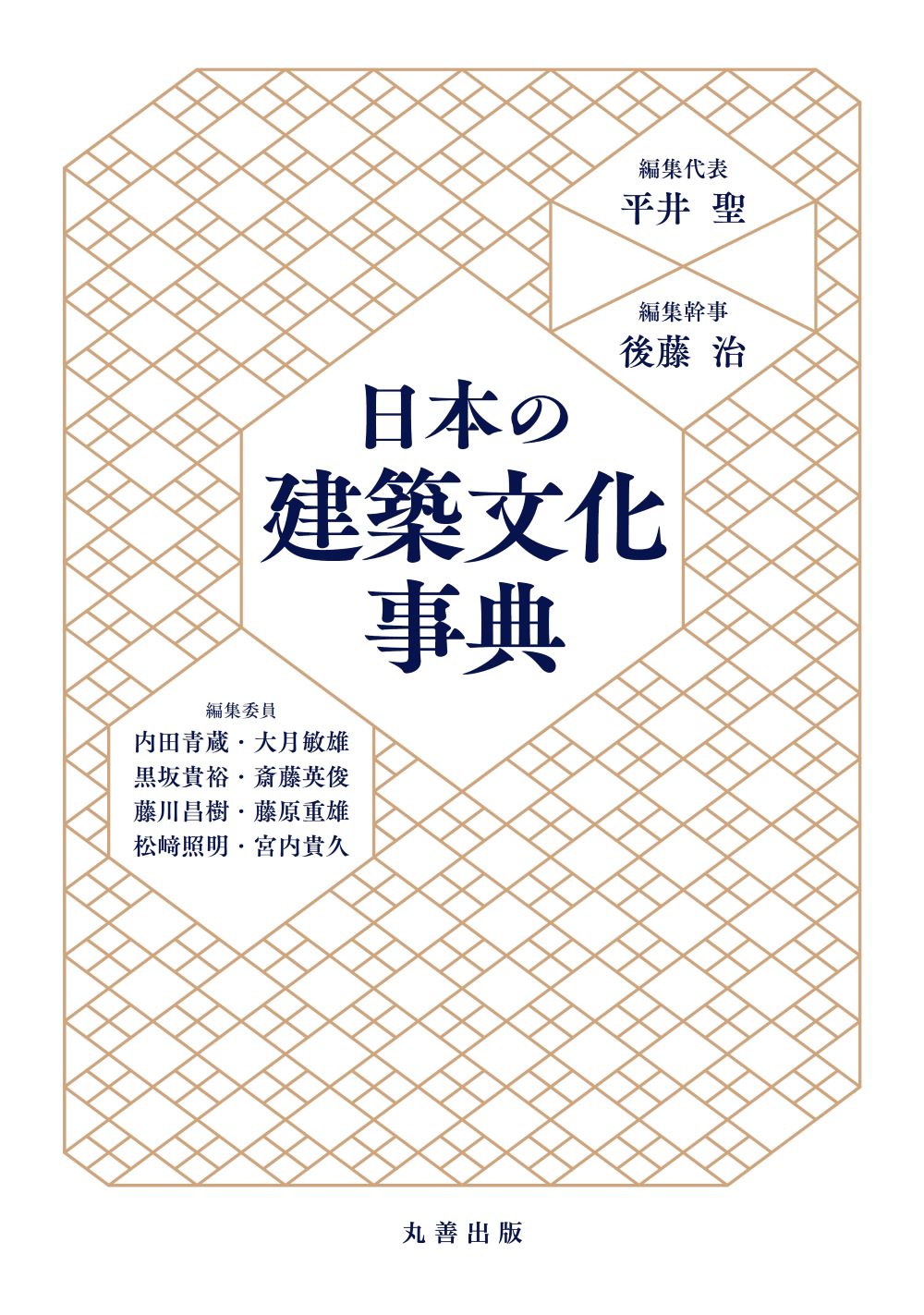
Title
Nihon no Kenchiku Bunka Jiten (Encyclopedia of Japanese Architectural Culture)
Size
768 pages, A5 format
Language
Japanese
Released
January 29, 2020
ISBN
9784621304082
Published by
Maruzen Publishing
Book Info
See Book Availability at Library
Japanese Page
This is a unique book because it is not merely an ‘architectural encyclopedia’ but an ‘encyclopedia of architectural culture.’ Japan's distinctive culture is ingrained into various domains, including language, behavior, literature, art, landscapes, institutions, craftsmanship, music, and cuisine, making it difficult to isolate culture as an independent entity. Culture is perceived through subtle scents, tastes, and an ingrained awareness of cultural traits imbibed over a long time. This book explores the historical background of cultural phenomena related to Japanese architecture and its materialization in the present form.
For example, in Japanese homes, there is a designated space called the ‘genkan’ (entrance hall). While its primary function is to keep shoes, it is noteworthy that Japanese culture is unique in having a distinct space solely for this purpose. Tracing the history of this space reveals it as the remnant of the earthen-floored areas in ancient pit dwellings. The earthen floor at the entrance persists from a time when the entire house was at ground level, with raised floor gradually placed inside. Understanding this evolution allows us to explain the architecture of entrances to international visitors in a lively manner.
This book comprising 331 entries across 10 chapters, was compiled by a committee of 10 experts. The team included Kiyoshi Hirai, Professor Emeritus of Tokyo Institute of Technology (now Tokyo University of Science), who previously conducted historical research for NHK's historical drama series, serving as the editorial representative, and Osamu Goto, former President of Kogakuin University, as the editorial secretary. Except for me, all members of the editorial committee were experts in architectural history, and I was the only scholar specializing in a different field, architectural planning. Since the primary task of this book is to unravel architectural culture, most contributors are specialists in history and culture. However, aspects related to modern and contemporary building and facilities fall beyond the expertise of historians. From the perspective of architectural planning, I contributed “Chapter 7: Modern and Contemporary Forms”. It studies the origins of school buildings, hospitals, libraries, factories, museums, and other specialized buildings that shape the modern and contemporary world. I analyzed how these buildings emerged in the modern era and how they connect to contemporary culture.
This book aims to unravel the origins of all cultural phenomena related to architecture from the ancient to contemporary times, offering answers about architectural culture. Even if certain topic remains unexplored in this book, the book still offers a valuable foundation for further academic research.
(Written by OTSUKI Toshio, Professor, School of Engineering / 2025)



 Find a book
Find a book


